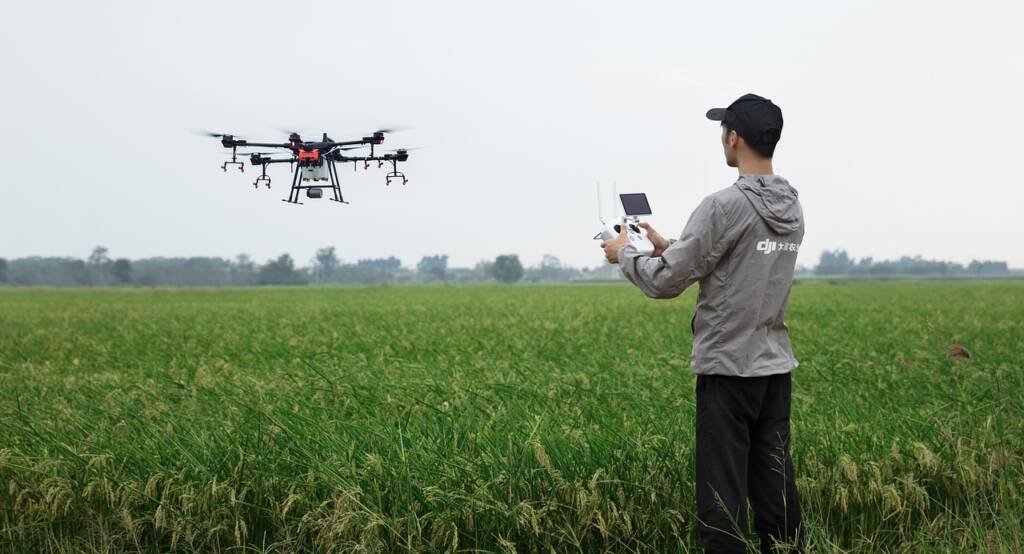Introduction:
Composting is a crucial process in sustainable agriculture, but traditional methods can be time-consuming and labor-intensive. In this blog post, we will explore the latest innovations in composting technology and learn how efficient decomposers can reduce waste and enhance the quality of compost.
The Need for Advanced Decomposers:
Traditional composting methods can take several months to fully decompose organic waste, leaving farmers with a limited supply of nutrient-rich compost for their crops. Advanced decomposers, on the other hand, can break down waste materials faster, enabling farmers to produce more compost in less time.
Accelerating the Composting Process:
Efficient decomposers like AT ONCE COMPOST can speed up the composting process by introducing specific strains of microorganisms that break down organic waste quickly and efficiently. These decomposers can be added to a compost heap, where they work in tandem with the existing microbial population to accelerate the decomposition process.
Benefits of Using Advanced Decomposers:
Some benefits of using advanced decomposers include:
● Faster compost production: Efficient decomposers can reduce the composting time significantly, allowing farmers to produce more compost in a shorter period.
● Improved compost quality: Advanced decomposers help break down organic waste into more bioavailable nutrients, resulting in higher-quality compost that supports plant growth.
● Reduced waste: By accelerating the composting process, efficient decomposers can help reduce the amount of organic waste that ends up in landfills.
Conclusion:
The future of composting lies in advanced decomposers that can accelerate the decomposition process and produce high-quality compost in a shorter time frame. By adopting these innovative technologies, farmers can reduce waste and enhance the quality of their compost,leading to a more sustainable and productive agricultural system.





